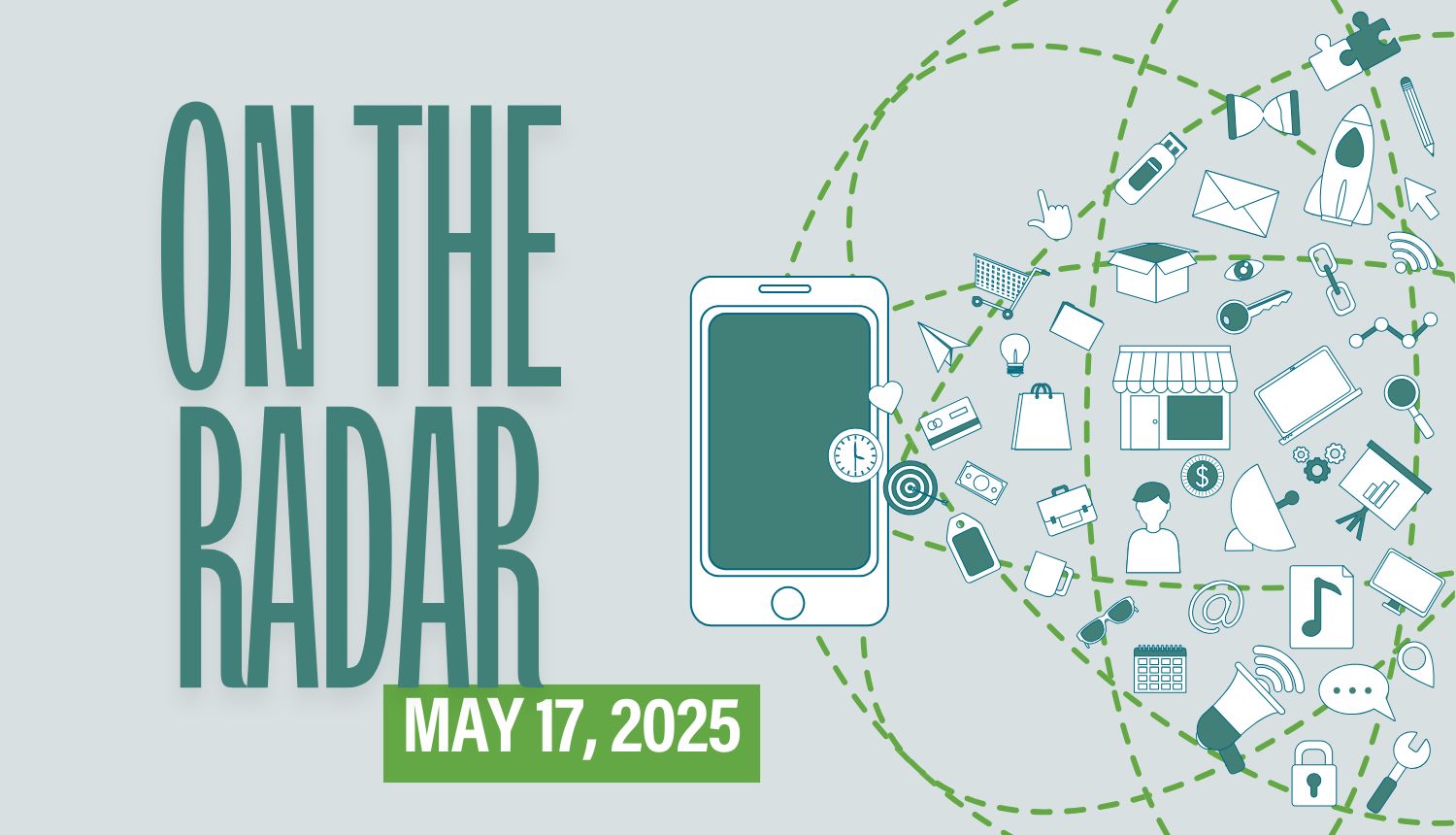Teen ‘Nonchalant’ Trend Could Cause Problems
What? Being “nonchalant,” according to Merriam-Webster, is “having an air of easy unconcern or indifference.” It’s “deeply rooted in the current culture of detachment and self-preservation,” reports SheKnows. Teens aiming to master this trend tend to go for an “effortlessly cool” aesthetic, spending less time in front of the mirror or worried what other people think.
So What? However, some teens are taking nonchalance too far, experts say. At school, they’re “quiet quitting,” putting in the bare minimum effort with zero enthusiasm. In an effort to appear nonchalant, many teens are also withholding their feelings and opinions in their relationships with family and friends, which could lead to more serious conditions, such as anxiety or depression.
Now What? Experts say nonchalance can be a form of emotional regulation. However, if being nonchalant is causing your child to withdraw from friends and family or to neglect basic self-care, such as personal hygiene, experts recommend parental intervention. Even if they aren’t sure what they think, let your kids know that you’re interested in their opinion, especially on difficult topics. And be sure to ask questions rather than lecture, fostering “an atmosphere where curiosity is welcomed.”
TikTok Introduces Meditation Feature to Help Teens Rest Better
What? In response to repeated allegations that TikTok harms the mental health of teenage users through addictive features, the social media app is launching a new meditation feature for under-18s to encourage them to sign off at night and get some sleep.
So What? This new feature, which guides users through deep breathing exercises, will turn on at 10 p.m. by default for all users under 18. Multiple studies have linked adverse mental health symptoms to lack of sleep. And a 2022 study found that 93% of Gen Z Americans weren’t getting enough sleep due to social media use. So, TikTok hopes that these guided meditations (which are full-screen prompts) will encourage youngers users to sleep more, offsetting some of those negative mental health effects.
Now What? In the testing phase, TikTok found that 98% of teens kept the meditation feature turned on. But parents should still talk to their kids about this feature. If you successfully turn off TikTok for the night but then switch over to YouTube, for instance, you’re still not gonna get enough sleep. Talk to your teens about whether they think they’re getting enough sleep or not—and make sure they know how sleep can impact their day-to-day mood and overall mental health, too. And from a spiritual perspective, parents may want to sit through a session of TikTok’s guided meditations with your teens to ensure that these prompts aren’t introducing other problems while trying to address screen-time concerns.
‘Senior Assassin’ Water-Tag Game Left Teen Critically Injured
What? In “Senior Assassin,” a water-gun game popular among high school seniors, “each participant is assigned a target and must eliminate them—either by hand or by spraying them with water.” The game can extend across entire neighborhoods. And some teens have taken to disguising themselves with ski masks while playing.
So What? Although the game itself is harmless, a Texas teen was critically injured while playing after jumping on the back of a car that was pulling out of a driveway. He fell off the vehicle and landed on his head, causing a severe head injury, Parents reports.
Now What? If your teens want to join in a game of Senior Assassin, make sure they’re aware of the potential dangers. Teach them to be aware of their surroundings and to prioritize safety over gameplay. And perhaps discourage ski masks or water guns designed to look like actual weapons. Officials worry that bystanders might mistake these props for real criminal activity. One such incident already occurred in Illinois. Nobody was hurt, but officials stated the situation could have turned deadly.


